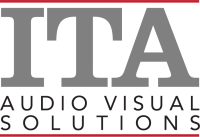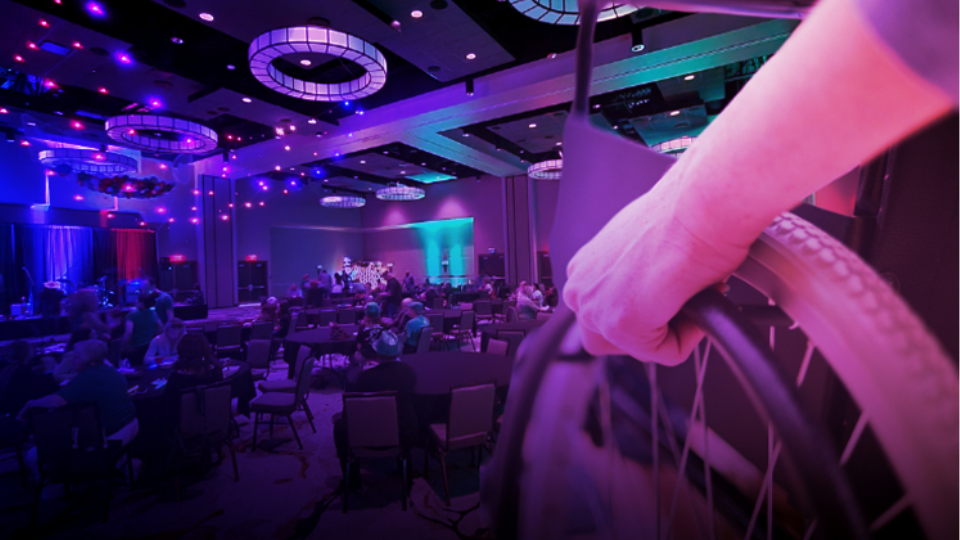According to the World Health Organization (WHO), “an estimated 1.3 billion people experience a significant disability.” As event planners, this means that creating inclusive and accessible events is not just a professional duty but an ethical responsibility.
Knowing the importance of accommodating disabilities in planning an event, we will share things to consider, especially from an audio-visual perspective, so you can make informed decisions.
Understand the Needs:
Knowing the needs of your guests in advance will help make for more informed planning. Questions can be asked in a pre-event survey or through the registration process that include if there are any hearing, visual, mobility, or neurodiversity impairments. By being proactive, and planning and addressing as many physical, communication, and technological barriers ahead of time, will make guests feel welcome. As your AV partner, having this information ahead of time helps us prepare our team and equipment appropriately.
The Venue:
Selecting the right venue is crucial in creating an inclusive space for all your guests. Are there ramps, elevators, and accessible bathrooms? Will there be areas with clear sightlines to any screens and stages? Will the AV equipment adjust as necessary to meet different needs? Answering yes to these questions, will make this a good choice in hosting your event.
Audio-Visual Accessibility:
The audio-visual component is another critical aspect in making attendees feel included. If someone has a hearing impairment, listening devices, such as FM or infrared systems, can be provided, as well as having live captioning for all spoken content and subtitles for any videos being shown. For people with visual impairments, ensure that there are audio descriptions of any visual content, especially for performances. Having a sign language interpreter, is also another option. For individuals with mobility impairments, stage ramps can be installed to provide easier access to the stage.
We are available for site visits and consultations to help uncover any potential limitations or challenges you may not have considered and determine how we can create an inclusive audio-visual experience for everyone attending.
Digital Accessibility:
In an increasingly digital world, many events include online components such as live streaming, virtual participation, or digital materials. Have the event website, registration process, and materials accessible with screen reader compatibility, and text descriptions of images. For virtual or hybrid events, make sure the streaming platform supports captioning and that the interface is accessible to screen readers.
Creating an inclusive and accessible event requires additional planning, but the time and effort will be well spent. By addressing the needs of all attendees, you not only comply with legal requirements but also create a welcoming environment where everyone can participate fully. ITA is here to help and support your efforts by providing AV solutions that work for everyone and ensure that your event is a success for all participants, regardless of their abilities.

